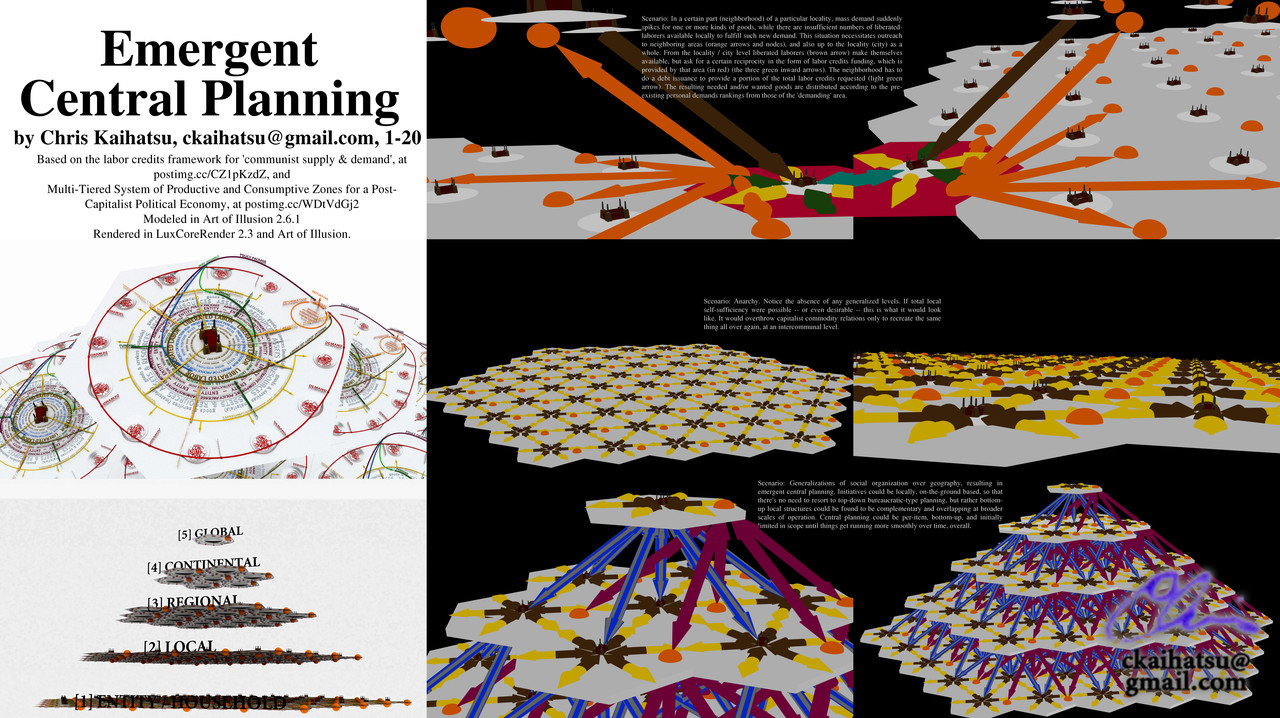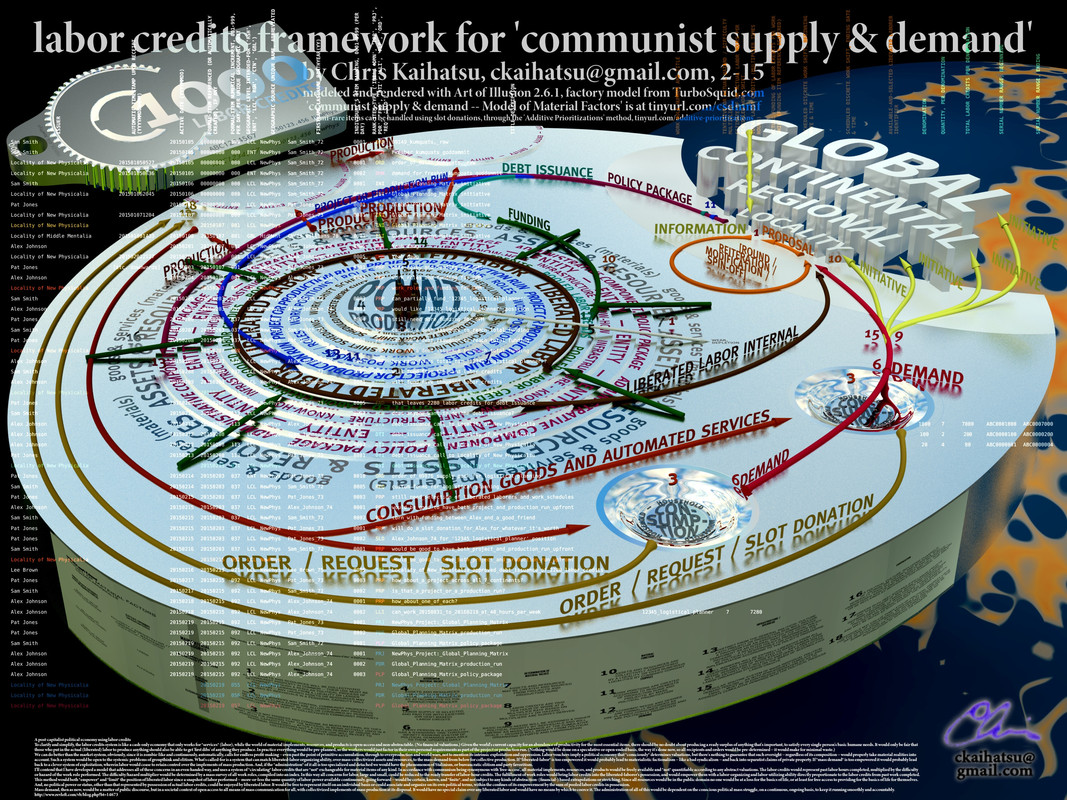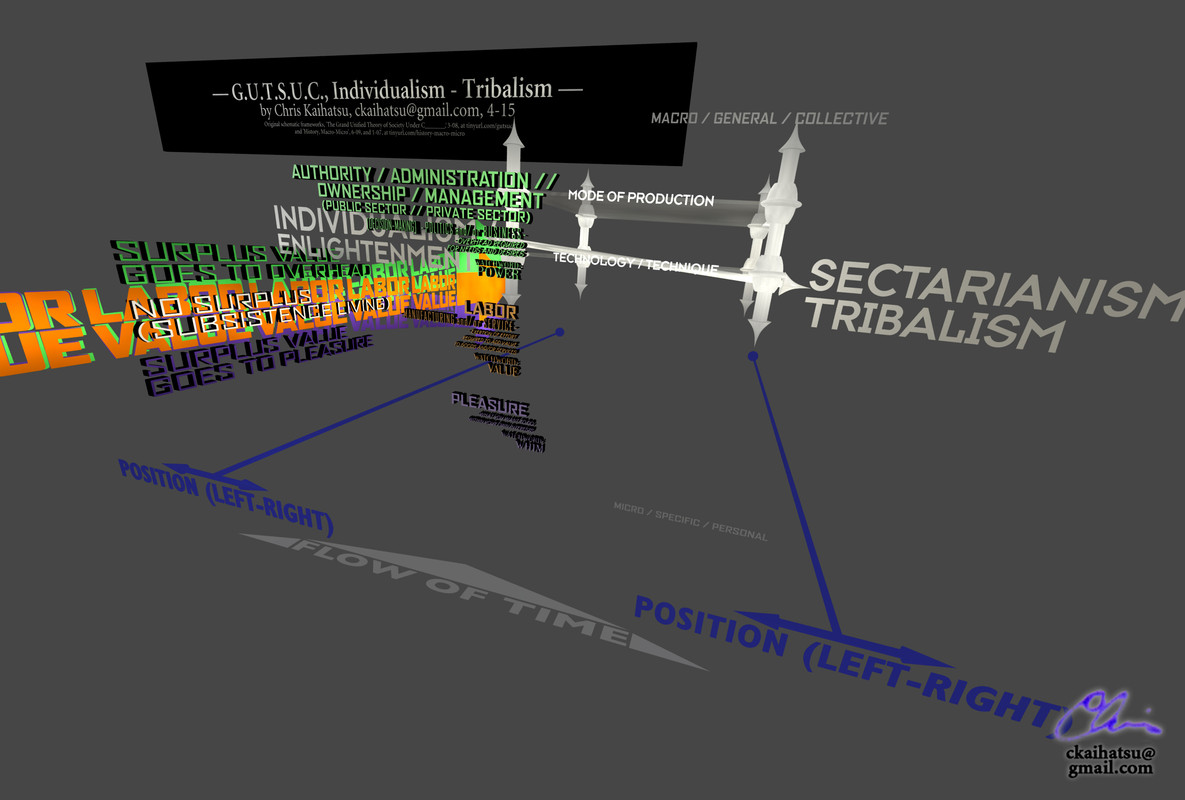- 27 Oct 2020 18:48
#15130666
This is going to be somewhat tangential to the thread topic, but seems to be relevant in the flow of conversation.
I can agree that Donald Trump was a kind of break in the liberal hegemony which is part of the freakout by liberals, though I am perhaps cynical of whether anyone is in place to make something of that break for the benefit of the majority of Americans. And I'm not sure I really place this break with Trump himself as the primary cause, rather things have been breaking down for liberalism for some time which made Trump possible but he has only a part to play amongst it I speculate.
This issue of destroying institutions or seizing them is interesting as I think in the abstract, this is certainly a tension but the ideas of what destroying and seizing them means really needs to be specific. It does seem in the vein of Marxist Communists and socialists to want to retain the state in some way and to retain a lot the culture as socialism is seen as a development upon capitalist production and culture rather than it's simple removal.
To which a liberal would be shocked and appalled by such 'despotic inroads' on property to certain ends.
https://internationalfriendsofilyenkov.files.wordpress.com/2017/09/artinian-2017-radical-currents-in-soviet-philosophy-vyyggy-ilyenkov.pdf
But then compared to some anarchists, I imagine even this doesn't go far enough, although I have my skepticism of anarchist tendencies in their individualism and whether it reflects the present anti-social individualism of liberalism itself where its about do not tread on me rather than finding the basis of voluntary association rather than everyone being free to do as they please as long as it doesn't individually harm another.
I feel some aversion to what seems as being bent on destruction in some anarchist tendencies which tend to be more individualistic and seems less about social change than hostility to social order. Which to me seems no sound basis for action or is an underdeveloped form that is yet to find an ideal and aim on which to organize people around.
But then it seems from your viewpoint one could see a continuity between the liberals who ideologically support the capitalist class who run such institutions and those who wish to replace these institutions in some form as being the Soviet bureaucratic/managerial strata of society.
To which this class clearly exists in the US quite prevalently with the middle class in such administrative roles.
So it seems it becomes an issue of the role of the state and the degenerative form which is took in backward nations such as USSR and PRC.
This is of course a major conflict and controversy between different lines of thought. I see Cyril Smith's criticism being based in opposition to the USSR's example by affirming a reading of Marx.
https://www.marxists.org/reference/archive/smith-cyril/works/millenni/smith2.htm
Sivad wrote:Right, but I wouldn't call it accelerationist. Destructionist is more accurate. Trump is causing the establishment to self-destruct, the establishment is destroying it's own credibility which is the foundation of its institutional power. That opens a space for new possibilities that prior to Trump were so remote they were barely worth exploring. The reason most "leftists" don't want to keep it going and let it play out is because they're not really on the left, they're fascists that don't want to see theses institutions destroyed because they want to sieze them for themselves and use them to dominate society. They want to be the new class manegerial oligarchs and so they need the public's faith in these institutions to remain intact.
I can agree that Donald Trump was a kind of break in the liberal hegemony which is part of the freakout by liberals, though I am perhaps cynical of whether anyone is in place to make something of that break for the benefit of the majority of Americans. And I'm not sure I really place this break with Trump himself as the primary cause, rather things have been breaking down for liberalism for some time which made Trump possible but he has only a part to play amongst it I speculate.
This issue of destroying institutions or seizing them is interesting as I think in the abstract, this is certainly a tension but the ideas of what destroying and seizing them means really needs to be specific. It does seem in the vein of Marxist Communists and socialists to want to retain the state in some way and to retain a lot the culture as socialism is seen as a development upon capitalist production and culture rather than it's simple removal.
To which a liberal would be shocked and appalled by such 'despotic inroads' on property to certain ends.
https://internationalfriendsofilyenkov.files.wordpress.com/2017/09/artinian-2017-radical-currents-in-soviet-philosophy-vyyggy-ilyenkov.pdf
Writing on the Soviet apparatus and its culture, Lenin noted that although the bourgeois state had been overthrown, the cultural relics of the past had “not yet been overcome” (Lenin 1965: 487). The logic of the state’s functioning still retained the inertia inherited from previous ideological space in which these state structures were immersed. For Lenin, “culture” meant “social life” or “habit,” in other words, everyday life; in Gramsci’s framework, civil and political society fused into the integral state (Thomas 2011). This was a struggle where education, and especially philosophy and its systematic efforts at shaping thinking, become fundamentally important political struggles:
I say culture deliberately, because in these matters we can only regard as achieved what has become part and parcel of our culture, of our social life, our habits. (Lenin 1965: 487–488)
By the end of the Civil war, the question that emerged for Lenin and first-generation Soviet thinkers like Vygotsky was, what to do next? To build the new type of state apparatus, it was not enough to populate it with communist cadres committed to the revolution. What confronted the young Soviet state was the crucial obstacle presented by generalized knowledge of systems of thought and doing that are the result of centuries of learning. Lenin’s focus on “learning” and its connection to culture and building the integral state (the state apparatus) was prompted by the pre-revolutionary conditions of everyday life for the proletariat and the peasantry (those from whose ranks the new state apparatus and cultural spaces will be formed), which were characterized by lack of learning.
But then compared to some anarchists, I imagine even this doesn't go far enough, although I have my skepticism of anarchist tendencies in their individualism and whether it reflects the present anti-social individualism of liberalism itself where its about do not tread on me rather than finding the basis of voluntary association rather than everyone being free to do as they please as long as it doesn't individually harm another.
I feel some aversion to what seems as being bent on destruction in some anarchist tendencies which tend to be more individualistic and seems less about social change than hostility to social order. Which to me seems no sound basis for action or is an underdeveloped form that is yet to find an ideal and aim on which to organize people around.
But then it seems from your viewpoint one could see a continuity between the liberals who ideologically support the capitalist class who run such institutions and those who wish to replace these institutions in some form as being the Soviet bureaucratic/managerial strata of society.
To which this class clearly exists in the US quite prevalently with the middle class in such administrative roles.
So it seems it becomes an issue of the role of the state and the degenerative form which is took in backward nations such as USSR and PRC.
This is of course a major conflict and controversy between different lines of thought. I see Cyril Smith's criticism being based in opposition to the USSR's example by affirming a reading of Marx.
https://www.marxists.org/reference/archive/smith-cyril/works/millenni/smith2.htm
Lenin notes especially the development which Marx was able to make as a result of the experience of the Paris Commune of 1871. Now he could be clear that ‘the precondition for any real people’s revolution on the Continent’ was ‘no longer, as before, to transfer the bureaucratic military machine from one hand to another, but to smash it’.
What was to replace this ‘machine’? Lenin recalls that Marx saw the form of this replacement in the way the Commune organised itself.
1. The standing army was to be suppressed and replaced by ‘the armed people’.
2. The people’s representatives were to be elected by universal suffrage, subject to recall at any time and paid the wages of a workman. Judges were also to be elected.
3. Instead of an executive, inaccessible to electors, ‘the Commune was to be a working, not a parliamentary body, executive and legislative at the same time’.
4. Local communes would take over many of the functions of the central government.
When Marx spoke of the violent overthrow of the existing order and the establishment of proletarian dictatorship, this is what he had in mind. In 1917, Lenin agreed with him, seeing the Soviets of Workers’ and Soldiers’ Deputies as the Russian equivalent of the Commune, as ‘a democratic republic of the Commune type’. But, as the brutality and desperation of the wars of intervention and the Civil War swept away all such notions, these ideas were once more forgotten.
Perhaps with the exception of the April Theses of a few months earlier, Lenin had never written anything like The State and Revolution. As a follower of Plekhanov on nearly all theoretical issues, he had accepted his teacher’s crude interpretation of the phrase ‘dictatorship of the proletariat’, which had been written into the programmes of both Menshevik and Bolshevik wings of the RSDLP. As we have seen, it was Plekhanov who introduced the notion that this ‘dictatorship’ was to be exercised by a devoted minority, in a state form opposed to that of ‘democracy’.
Lenin in 1914-17 was partially rediscovering Marx’s notion of communism, self-critically trying to develop his ideas in the light of the collapse of the International. Returning to the most fundamental issues, he was grappling with their falsification in the movement of which he had been a part. These books are permeated with this deeper understanding of the way forward for humanity to liberate itself through the world socialist revolution. However, they represent the start of work which was never continued, and then forgotten.
https://www.ethicalpolitics.org/ablunden/pdfs/For%20Ethical%20Politics.pdf#page90
-For Ethical Politics
-For Ethical Politics

















 - By JohnRawls
- By JohnRawls